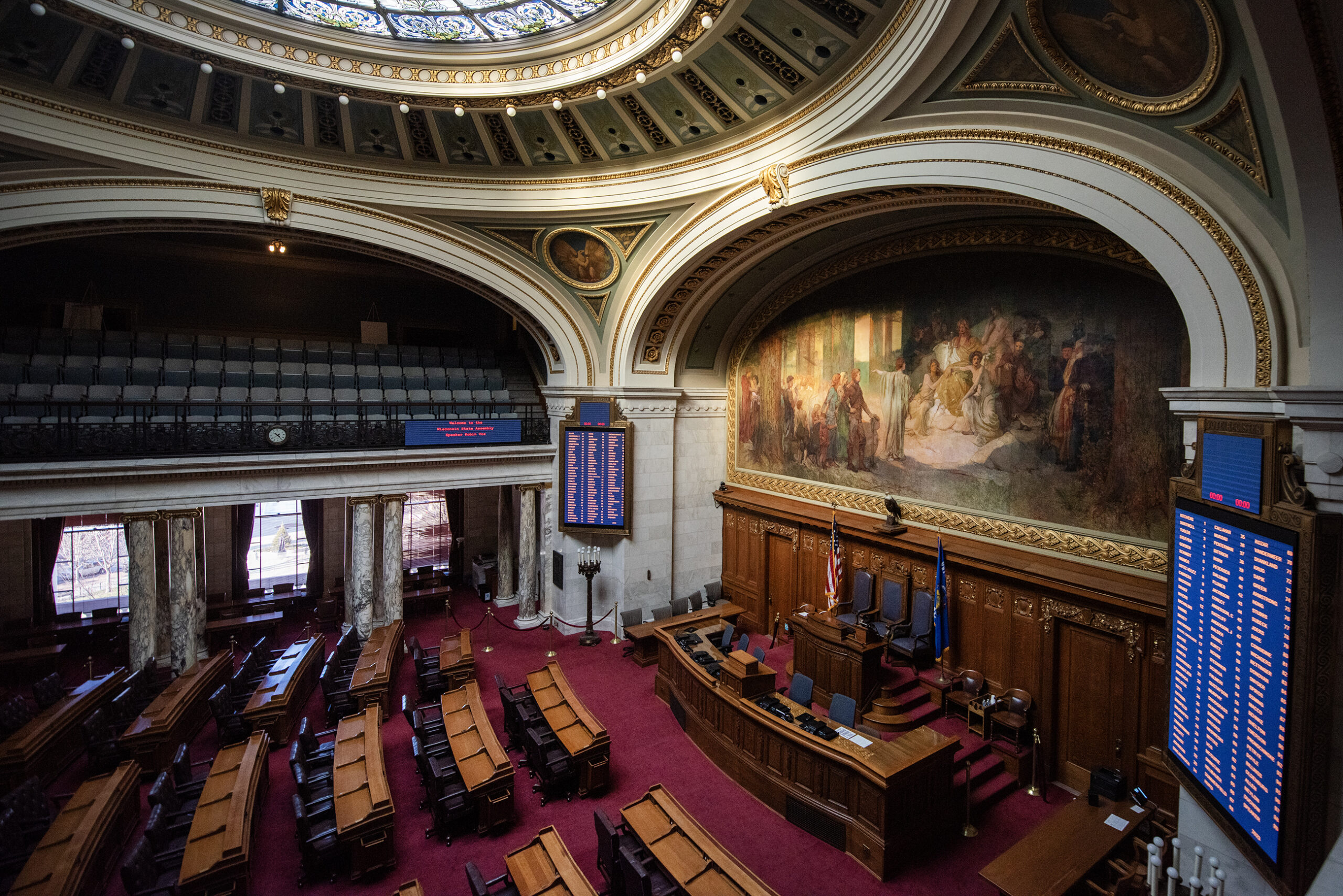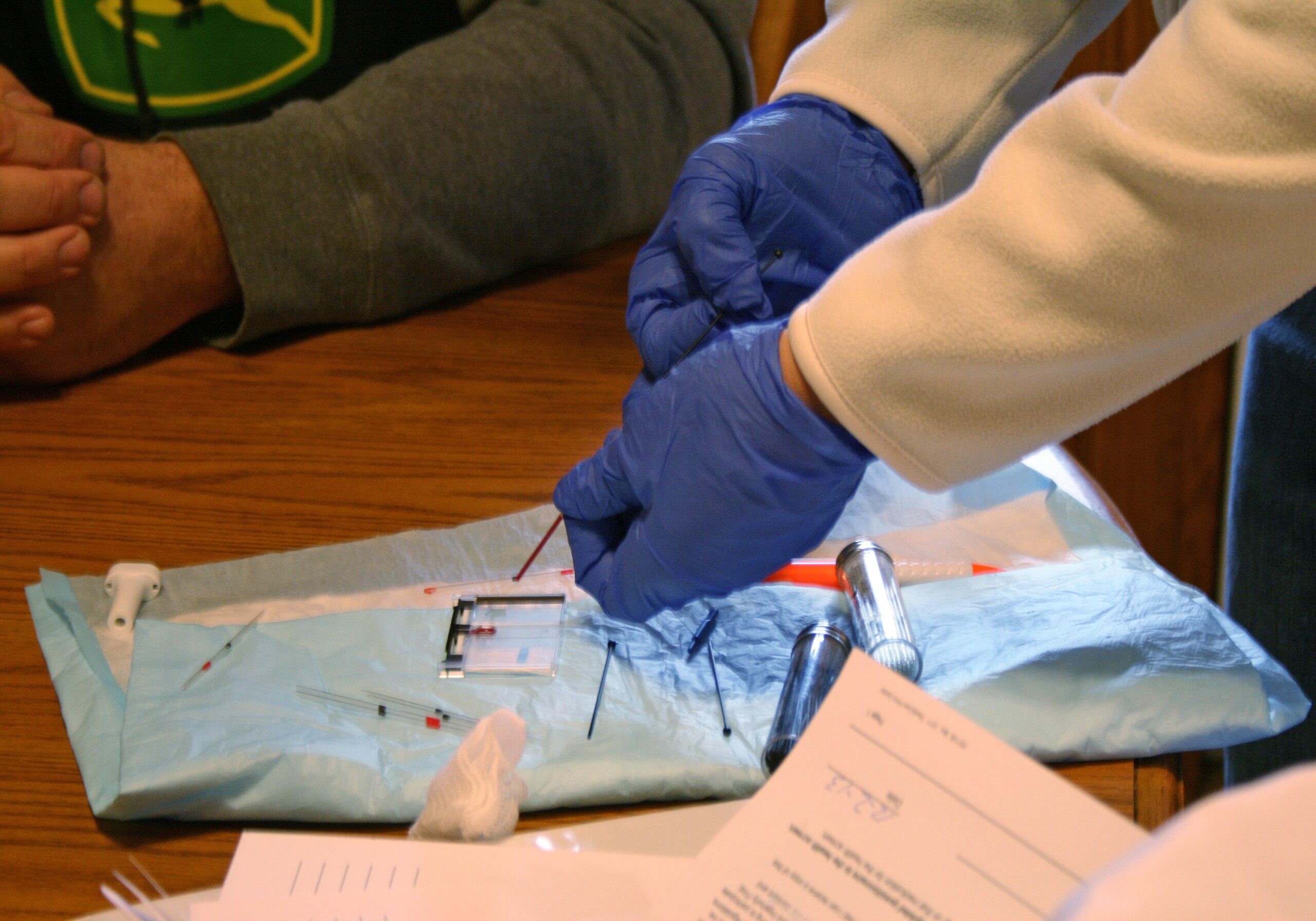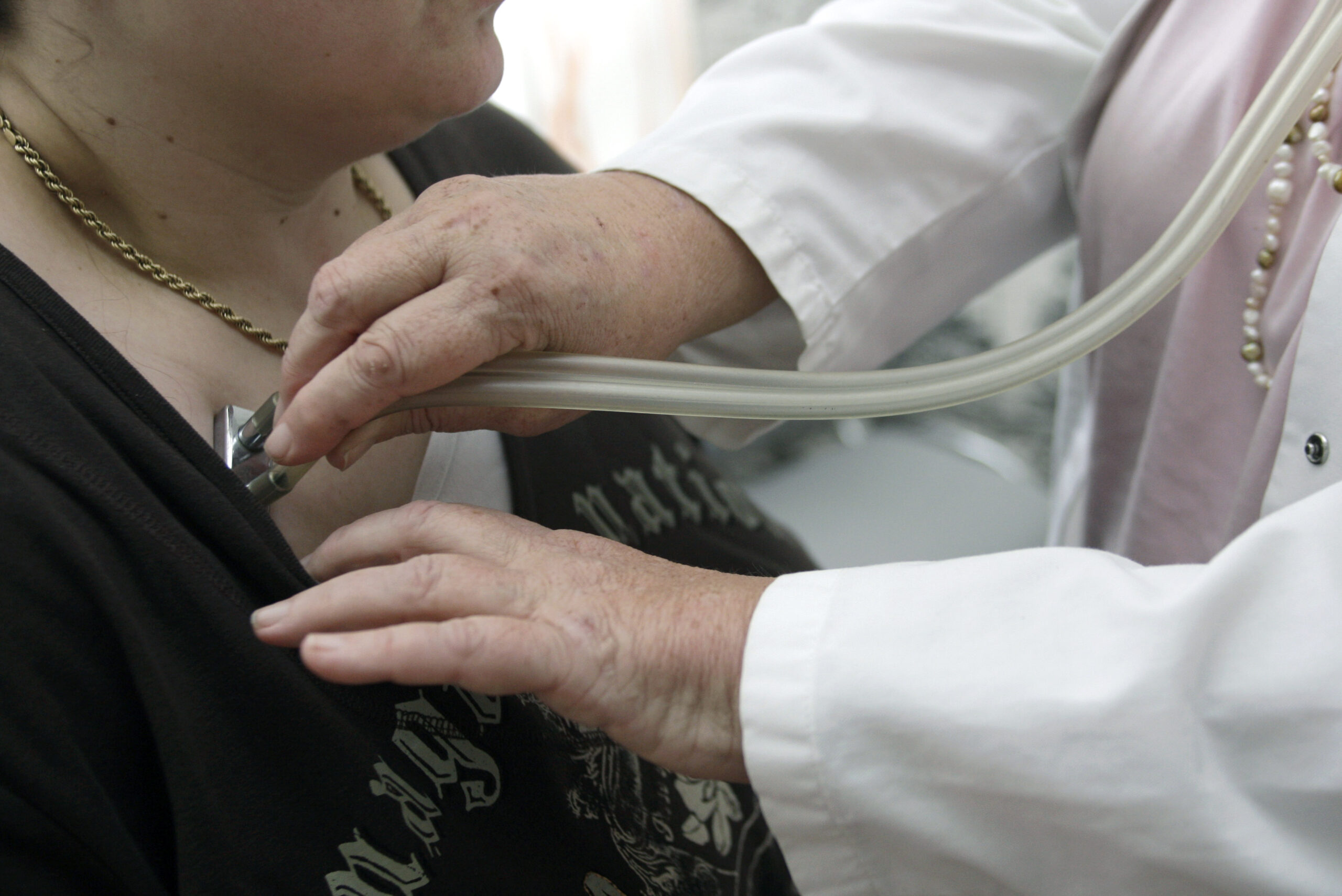A bill to create a new license allowing nurses to write prescriptions and treat patients without a doctor’s oversight cleared the state Legislature Thursday, but a spokesperson for Democratic Gov. Tony Evers says he will veto the bill.
Current state rules require people certified as advanced practice registered nurses, or APRNs, to have documented oversight agreements with physicians or dentists when treating patients. Nursing associations, tribal governments and insurance companies want to lift that requirement, which would allow some of those APRNs to create independent clinics. The Wisconsin Nurses Association says around 8,000 nurses in the state would qualify for the new licenses.
During an Assembly debate Thursday on the GOP bill to create the new license, Republicans talked about a lack of available physicians in rural areas of the state and called the oversight agreement requirement an unnecessary regulation that costs nurses money.
News with a little more humanity
WPR’s “Wisconsin Today” newsletter keeps you connected to the state you love without feeling overwhelmed. No paywall. No agenda. No corporate filter.
Citing an announcement this week that two major hospitals in Eau Claire and Chippewa Falls along with several clinics in western Wisconsin will be closing in April, Rep. Karen Hurd, R-Fall Creek, said the new APRN licenses would bolster the state’s healthcare workforce without expanding the scope of what those registered nurses already do.
“If they are going to be licensed, they have to practice within their scope and they do a fabulous job,” Hurd said. “When we burden them with regulations that are difficult to keep and increase the costs of health care because of the amount of money they have to give to a physician to oversee them in the background. It shouldn’t be done.”
Physicians associations like the Wisconsin Medical Society have opposed lifting the oversight agreements over concerns about the years of experience required for the new APRN licenses. Evers has voiced similar concerns.
An amendment aimed at striking a compromise that Gov. Evers could sign was introduced by State Rep. Lisa Subeck, D-Madison, but was rejected by Republicans. That would have required APRNs to complete 3,840 hours of clinical training over two years.
Subeck and other Democrats accused Republicans of sending a bill to the Evers’ desk that they know he will veto.
“I certainly hope that someday we get there,” Subeck said. “Apparently, it’s not going to be the session, and that’s incredibly disappointing. There’s still time to vote this down. We could start over. We can figure it out. That’s probably not going to happen.”
A spokesperson for Evers told WPR the governor “has been clear from the beginning to bill authors and stakeholders about the changes necessary to garner his support” and said a veto is coming.
Evers vetoed a similar GOP bill that hit his desk last year.
Assembly sends bills easing CWD deer baiting, hound training restrictions to state Senate
In other votes, Assembly republicans passed a GOP bill to ease requirements surrounding deer baiting and feeding bans following the detection of positive cases of chronic wasting disease, or CWD.
Currently, whenever any deer tests positive for the fatal brain disease, baiting and feeding is banned in any county within a 10-mile radius of where the animal is found. Under the legislation, CWD positives detected in deer farms would not trigger the bans.
Whitetails of Wisconsin, a deer farming association, supported the bill. The Wisconsin Wildlife Association opposed it.
State Rep. Ty Bodden, R-Hilbert, said during the past bowhunting season, hunters in Calumet county were told to stop using bait to lure the animals because of a CWD case at a deer farm in neighboring Outagamie county.
“I find that ridiculous,” Bodden said. “The deer farms should not be included in that.”
An amendment from State Rep. Katrina Shankland, D-Stevens Point, would have sent $1 million annually to the Department of Natural Resources for CWD research and management. The amendment failed on a party-line vote.
“Bill authors and people who defend their vote are going to say this will just open up opportunities for hunting,” Shankland said. “Well, it will open up opportunities for CWD to spread and for you to get your deer to test positive for CWD, which means fewer harvests and fewer hunters down the road.”
Another Republican bill passed by the Assembly Thursday would eliminate restrictions for hound hunting and training on wild animals during the spring in northern Wisconsin. That heads next to the state Senate.
Wisconsin Public Radio, © Copyright 2025, Board of Regents of the University of Wisconsin System and Wisconsin Educational Communications Board.







